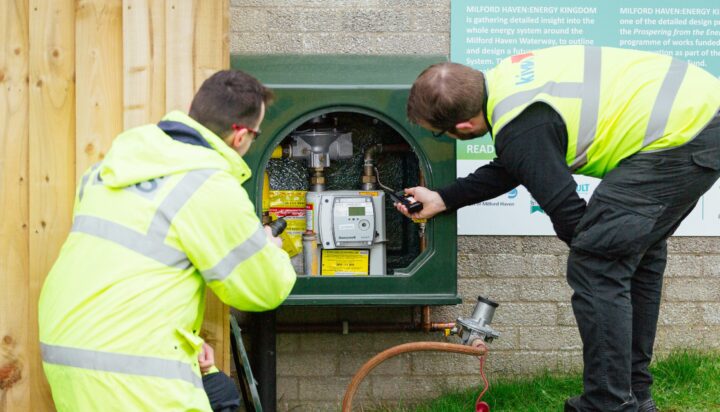A group of 20 organisations, including Octopus Energy, the UK Green Building Council and WWF-UK, has written to the UK Secretary of State for the Department for Energy Security and Net Zero, Grant Shapps, expressing concern about recommendations made in the recent Hydrogen Champion Report, led by Jane Toogood.
While welcoming the report’s long-term vision for scaling up the hydrogen economy, the group warns against recommendations regarding blending hydrogen into the gas grid.
The group raises a number of key concerns, including the unfair costs for consumers associated with using grid blending to shore up hydrogen demand.
According to the group’s calculations, a 20% hydrogen blend would increase gas costs by approximately 16%, while only reducing emissions by 7%, due to inefficiencies in burning hydrogen.
The group also expresses concern that blending could delay investment in heat decarbonisation, potentially creating greenwash as the public is told that “gas has gone green,” while “hydrogen-ready boilers” continue to burn fossil fuels for decades to come.
Furthermore, the group warns that without a strategic long-term vision for the hydrogen economy, blending could risk locking-in hydrogen for domestic heating at the expense of other sectors.
In the letter, the group states: “Since hydrogen has a lower energy content per unit volume than natural gas, a 20% mix has only 86% of the heat output of natural gas. Consumers will have to burn 16% more of the blended mix to create the same heat energy.
“This means that fuel prices will rise by at least 16% and that the savings in greenhouse gas emissions will be nowhere near 20% – but closer to 7%. Blending could create greenwash as the public are told that “gas has gone green”, when in fact “hydrogen-ready boilers” will continue to burn fossil fuels for decades to come. This could delay investment into genuinely zero carbon heating technologies.”
The group notes that blending will not encourage the strategic deployment of demand-side technologies in sectors such as power generation, industrial processes, and aviation, where hydrogen could play a more cost-effective role in meeting net zero targets.
A Department for Energy Security and Net Zero spokesperson told ELN: “Protecting consumers is a top priority for the government, which is why we have been covering around half of the typical household’s energy bill.
“Value for money will be a key factor in determining whether to enable the wider roll-out of blending onto the gas network.
“The government is working closely with Ofgem and industry to explore how hydrogen could be fairly incorporated in bills and any final decision on blending will be made alongside a decision on how best to protect consumers.”






